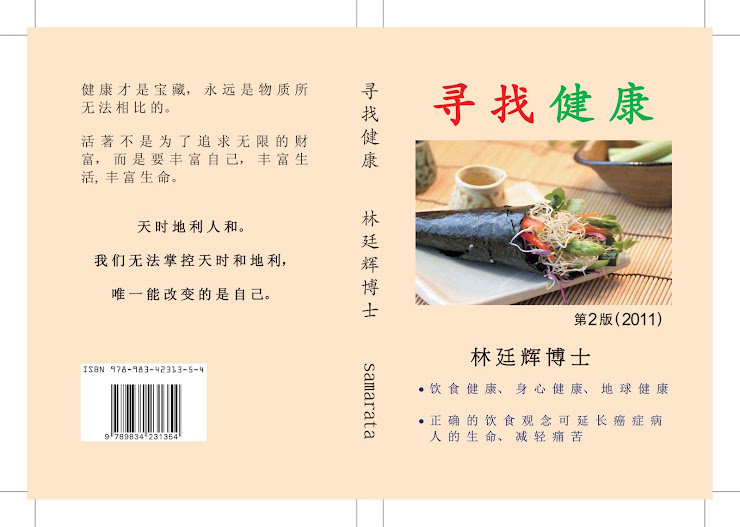Saturday, August 17, 2013
Universal Values: Source of Happiness and Harmony (In Preparation)
Through out human history, people are searching for happiness and harmony. Even though happiness is sometimes viewed as a personal matter, it is now measurable in terms of so called happiness index. The most popular being the Gross National happiness Index.
Does happiness follow material progress and modernisation?
The truth is as human civilization progresses, amidst science and technological advancement, happiness and harmony is so near and yet so far for the human society. In general, most people perceive that material wealth brings happiness. Hence, economic progress and technical education are given more emphasis. Yet, they are many among the affluent who are not happy. The middle and lower classes are not happy either. In reality, many people in both developed and developing nations, rich and poor, actually live in fear and lack social security.
Moral education has been identified as one of the means to achieve happiness and harmony. Such education is found in the teachings of the religions and the sages. It is now perceived that the universal values contained in these teachings have to be re-positioned in human society if human beings wish to attain happiness and harmony.
In this context a small being effort is made to re-look at the universal values as emphasised by Kongzi or Confucius (551–479 B.C.E). Such universal values are generally known as Di Zi Gui or Standards for Being A Good Student or “The Rules for Students”. Di Zi Gui is sourced from Analects of Confucious. Such values were then arranged and presented in current form by Li Yuxiu in the 17th and 18th centuries during the reign of Emperor Kangxi (1661-1722) of the Qing Dynasty.
Based on the practices of the wise and sages in the past, Confucius observed that happiness and harmony could be achieved when good values are practised between the following parties.
(a) parents and children,
(b) husband and wife,
(c) brothers and sisters,
(d) leaders and followers, employers and employees,
(e) among friends.
It is important to note that such values emphasised by Confucius are not new. These values are universal and found in other cultures and religious teachings too. Confucius just reminded us among these values which are the most important and must be given priority.
In all human societies, such universal values were passed down from generation to generation by the elders to the young ones. As society modernises and materialises, these values are now marginalised and side-lined, if not forgotten.
It is hope that this effort would assist in reviving the practise of universal values that could could bring happiness to the individuals and families. Subsequently, world harmony would be achieved.
This write-up only repeats the universal values practised by all cultures and are still very relevant in this science and technology era. As such, the readers should view these universal values as supplementary practices that support the existing cultures and great religious teachings.
Indeed, universal values are actually education suitable for practice by all peoples irrespective of cultural, ethnic and religious origins.
The practice such universal values could bring happiness and harmony to the individuals and families. It helps to avoid and resolve conflicts among the multi-ethnic Malaysian society. The universal values are the foundation for national unity and world harmony. By practising these values in our daily livelihood, any time and any where, our life destiny will be changed.
It is our wish that you and your family too would enjoy the bliss of happiness and harmony by practising universal values in daily life.
May all enjoy the bliss of happiness and harmony.
From the heart of love, health and compassion
Lim Hin Fui, PhD
Thursday, August 8, 2013
The little book "Nilai-Nilai Murni Sejagat: ke arah keluarga bahagia dan keharmonian dunia" has received good response. 3 prisons in Peninsular Malaysia has each received 150 copies of the books free of charge. These prisons are in Taiping, Arau and Marang. it is hoped that the book could benefit both the staffs and those serving their terms. Best wishes to all.
Subscribe to:
Posts (Atom)
